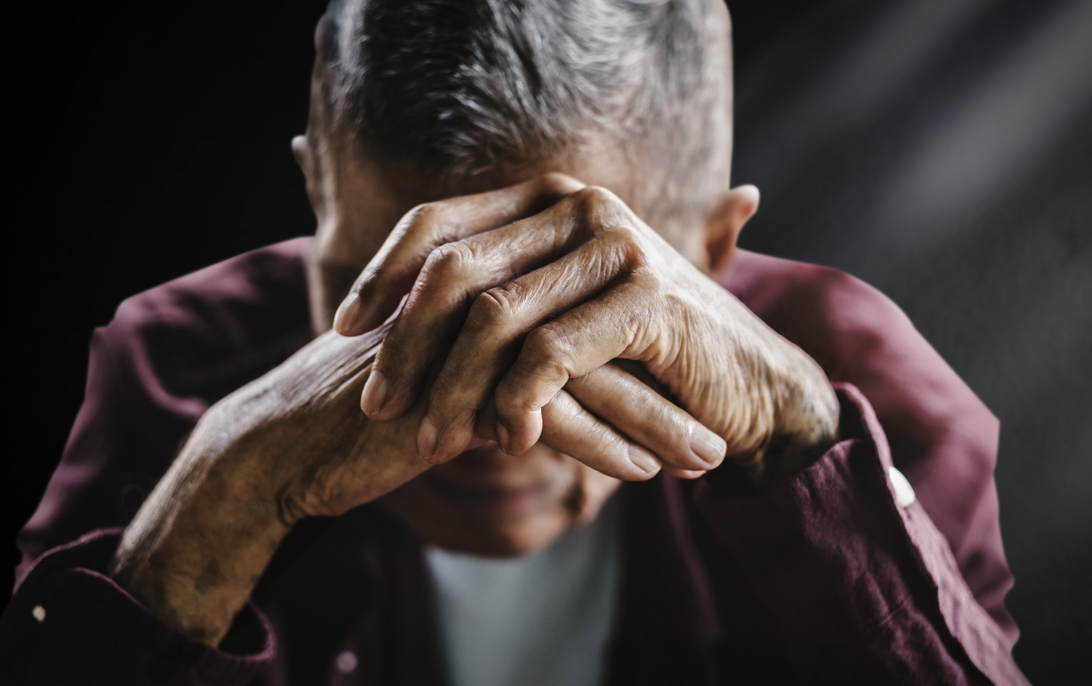According to the WHO (World Health Organization), about 16 % of older adults aged 60 or more have experienced some form of elder abuse in the past year. But unfortunately, only 4% of elder abuse gets reported.
Let’s discuss how we can recognize and manage elder abuse.
What is elder abuse?
Elder abuse refers to intentional harm, verbal or physical, usually done by a caretaker or caregiver of an elderly individual. In most cases, the abuser involved in elderly abuse is either the person we trust in old age.
Types and common signs of elder abuse
1) Physical abuse
Physical elder abuse is the violence or harm done by a caretaker resulting in bodily injury in an older adult. Usually, such elders have multiple scars of different ages. Other common signs of physical abuse include,
- Unexplained burns or bruises
- Undermedicated or poorly managed physical injuries
- Signs of internal injuries
- Recurrent vomiting
2) Emotional or psychological abuse
Emotional abuse in elders can occur in many ways, such as abusing them verbally, scolding them, scaring them, and sometimes torturing them mentally. Moreover, keeping an older adult away from meeting friends or close relatives can also result in emotional abuse. Common signs of emotional abuse are,
- Mood swings
- Avoiding eye contact
- Low self-esteem
- Depressed or stressful feelings
- Changes in personality
3) Neglect or Abandonment
Due to deteriorating health and chronic diseases, we need extra care and affection in our old age. Neglect, as the name indicates, is the absence of care from caretakers. Common signs of elder neglect include the following.
- Dehydration
- Weight loss
- Poor personal hygiene
4) Financial elder abuse
Financial abuse is when someone takes or steals money, property, or other financial belongings from an old individual without their knowledge. Entrusted caretakers or blood relatives are commonly involved in the financial exploitation of older adults.
Common warning signs of financial abuse include,
- A pattern of missing personal things
- Elder confusion about their financial statements
- Unpaid bills
- Eviction notice
- Canceled checks or bounced checks
- Use of credit cards or bank accounts of an older adult without consent
How can we manage elder abuse?
If one detects elder abuse or observes the warning signs mentioned above, one should take immediate steps to avoid any unfortunate event. Some of the measures are given below.
- Consider elder abuse legal abuse and call the emergency department to provide active care to the older adult.
- Check on them if you know them, ask them politely, and take them in confidence.
- Involve local adult protective services, as they have experts to handle such matters professionally.
- Unified Caring Association (UCA) has also provided Senior Crisis Helpline on its website. It is a 24-hour toll-free crisis intervention hotline that offers emotional support and reports elder abuse.
- Respite care can be viable if a caregiver needs a break from providing care.
Furthermore, we should offer shelter and moral support and keep a regular check on individuals facing elder abuse to ensure their physical and mental well-being.
Take Home
Elder abuse is usually intentional and carried by caregivers or close ones we trust in our old age. Elder abuse can be physical, financial, or emotional, characterized by unexplained bruises, financial exploitation, or psychological stress. In case of elder abuse, we should call the emergency department for professional help and involve local adult protective services. Moreover, we can also contact “Senior Crisis Support,” i.e., a 24-hour toll-free hotline that offers emotional support and reports elder abuse cases.
References:

